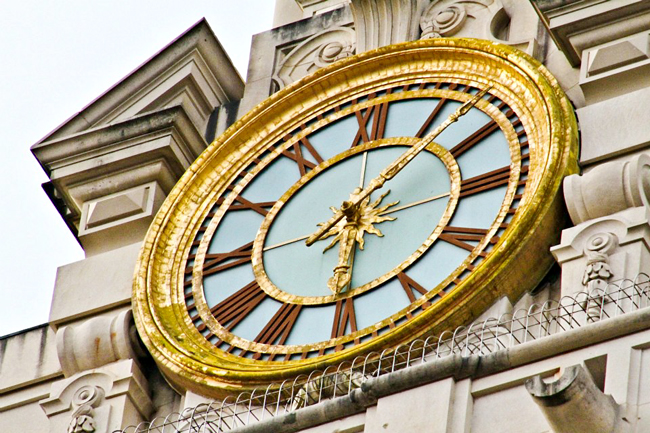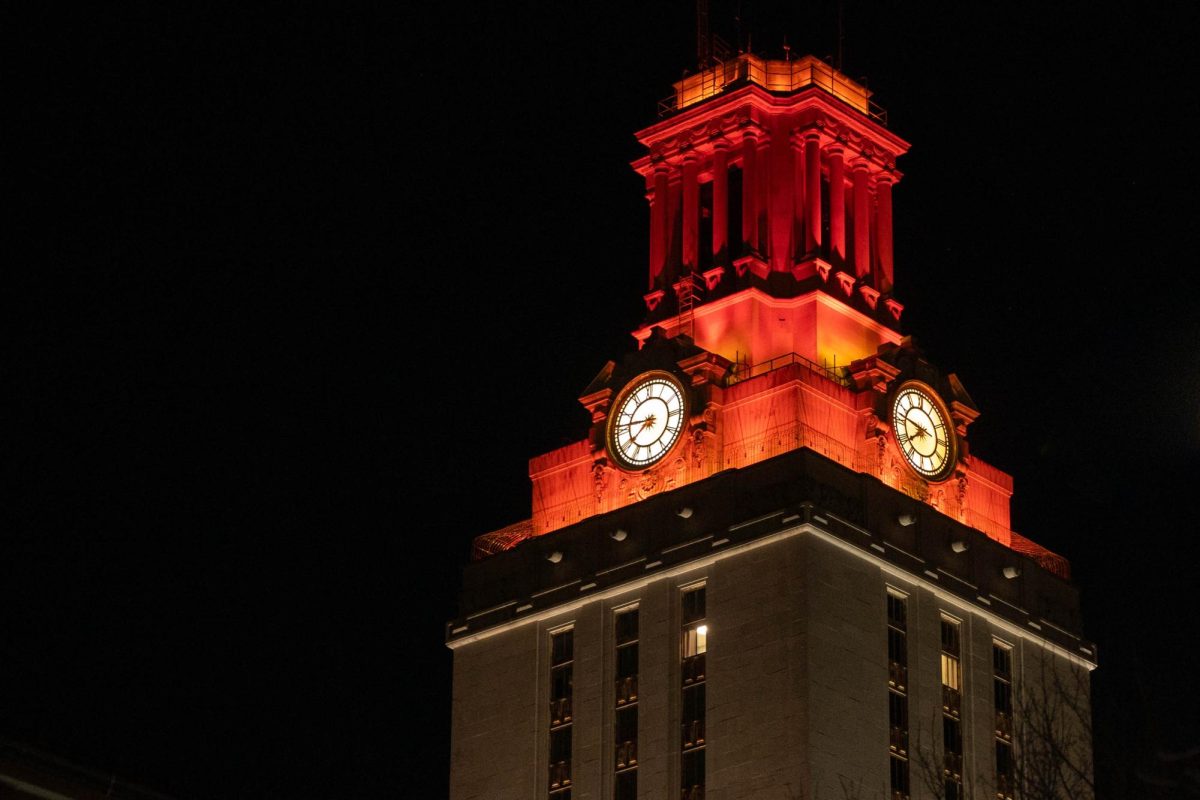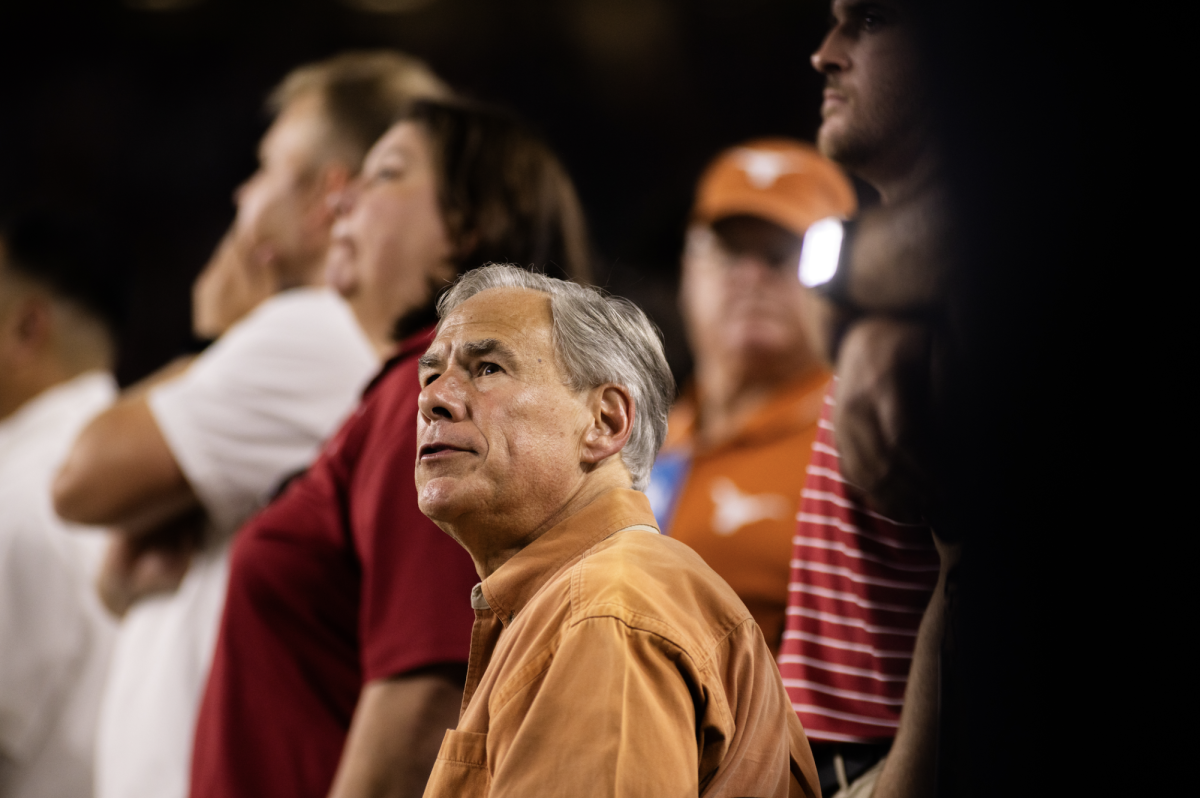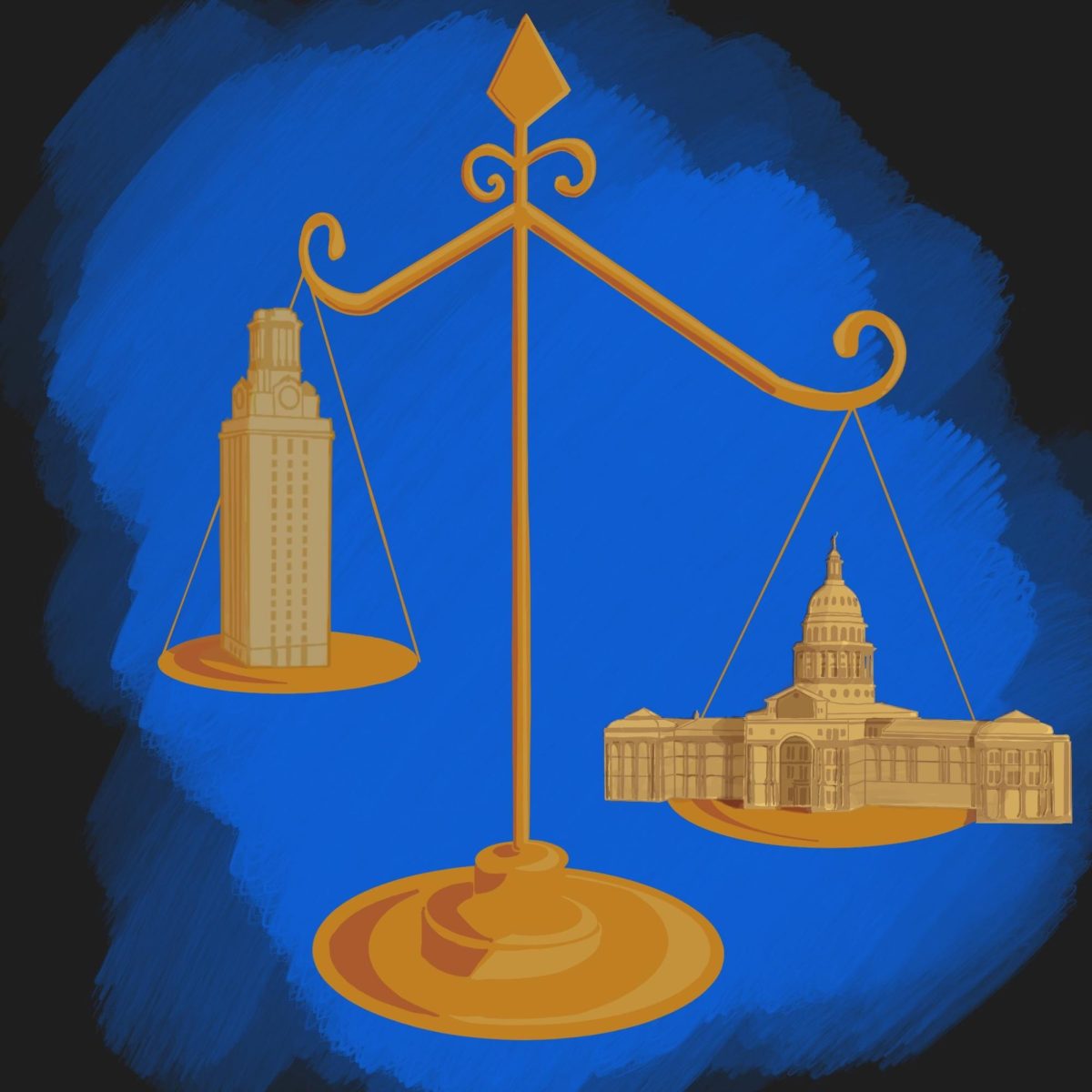Texas Rep. Dan Flynn (R-Canton) wants daylight saving time removed in the state.
Flynn filed a bill in November calling for legislators to end daylight saving time, and the public hearing for his bill is Wednesday.
“It was November of last year when we did the fall back, and I’m sitting there changing all of the clocks in my house and in my cars, and I’m … thinking, ‘Why in the world do we do this?’” Flynn said.
The bill, if passed, would mean Texas could opt out of the twice-a-year time change, which the Uniform Time Act of 1966 established.
In 1966, the Uniform Time Act set nationwide start and end times for daylight saving time — the last Sunday in April and October. Since the act’s implementation, daylight saving time has been moved to the second Sunday in March and the first Sunday in November.
The act also allows states not to follow daylight saving. Currently, Hawaii, Arizona and some parts of Indiana do not practice the time change.
Flynn said he has found that removing daylight saving time in the state would not negatively impact farmers or increase energy usage. Additionally, he said mothers have expressed concern about leaving their children at bus stops when it is darker in the mornings because of daylight saving time.
“I think the trouble that [daylight saving time] causes far outweighs any benefits that it could possibly have,” Flynn said.
There is not a clear answer as to whether daylight saving saves energy. According to a recent Dallas Morning news article, a 2008 study in Indiana found residential energy use increased by 1 percent when daylight saving time was implemented statewide. On the other hand, a 2008 report from the U.S. Department of Energy found extended daylight saving hours, established in 2007, saved 0.3 percent of the year’s energy.
Engineering junior Rohan Nagar said he thinks daylight saving time is pointless in today’s society and would like to see it abolished nationwide.
“Currently it’s up to the states to decide whether they want to follow daylight saving or not, but I think that causes a lot of confusion, especially if half the states are following day light saving and half aren’t,”
Nagar said.
Martha Habluetzel, a retired postal carrier, organized a gathering at the Capitol on Tuesday against daylight saving time, and she was one of a handful of people to attend and speak with Flynn about his bill. If Texas were to stop using daylight saving time, Habluetzel said she thinks other states in the central time zone and eventually the U.S. as a whole would stop using the measure.
“If Texas [abolishes] daylight saving time … then I think it will be easy for it to be abolished nationally,” Habluetzal said. “[Texas is] so large.”
Engineering junior Oriana Wong said she is tired from losing an hour of sleep on daylight saving.
Nevertheless, Wong said if Texas were to eliminate daylight saving time, there would be confusion, especially for business people working across state lines.
“Just by driving home to their workplace, they would have to remember to change their clocks everyday,“ Wong said.
Flynn said he does not foresee this being a problem.
“They will be able to adjust to whatever [the time change] is,” Flynn said. “I personally kind of feel like this is what I’m going to call ‘Texas Time.’”




















